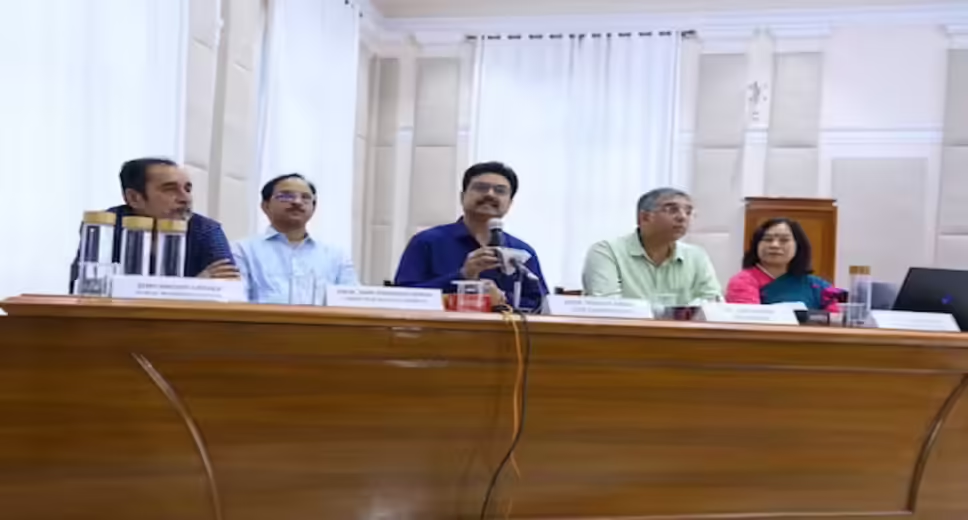DU To Implement NEP For Post Graduate Courses From 2024 Or 2025 Academic Year

Delhi University is taking steps to revamp its Post Graduate (PG) programs after already streamlining its Undergraduate (UG) courses in accordance with the National Education Policy 2020 (NEP 2020). In a recent press conference led by DU Vice Chancellor Yogesh Singh, the University confirmed its ongoing efforts to align the PG courses with the NEP 2020. It is anticipated that these changes may be implemented by the academic year 2024 or 2025.
The University will maintain both one and two-year durations for PG courses, offering flexibility to students. As per the NEP 2020 guidelines, UG students will have the choice to either complete their course with a degree or opt for research. For instance, students who pursued a 4-year UG course can enroll in a one-year master's degree program in their subject of choice. Similarly, those who completed a 3-year UG course can opt for a two-year master's program at Delhi University.
It's important to note that the implementation of NEP guidelines for PG courses is still in progress, and DU is yet to provide confirmation on the specific guidelines for the master's degree programs.
In an effort to provide more opportunities and cater to students' interests and aptitudes, the Central University has introduced multiple entry and exit points for students, allowing them to choose their courses more flexibly.
NEP 2020 introduces several significant changes to the higher education landscape in India, including:
- Addition of around 5 crore seats in higher education institutions across the country.
- The establishment of a single regulator for higher education known as the Higher Education Commission of India (HECI) to replace multiple regulatory bodies.
- The proposal for a National Educational Technology Forum (NETF) to promote the integration of technology in higher education.
- Emphasis on the creation of a Gender Inclusion Fund to ensure equitable and quality education for girls and transgender students.
- The establishment of Special Education Zones to make higher education more accessible to students in disadvantaged regions and groups.
